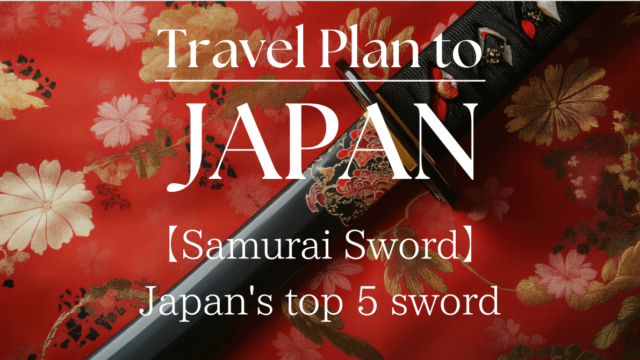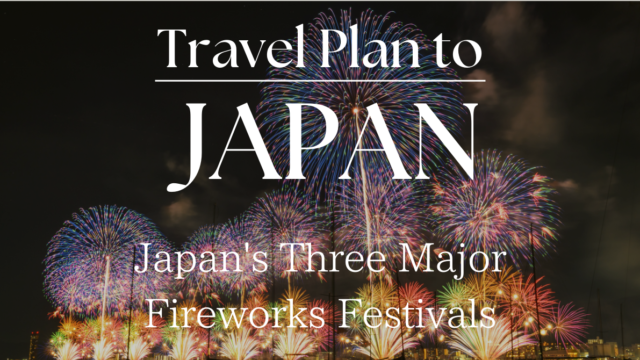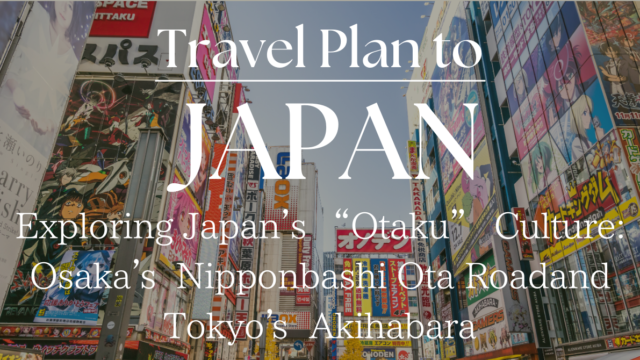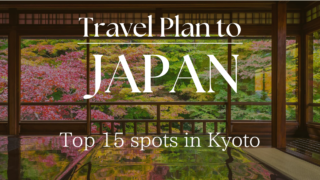Traveling Safely in Japan
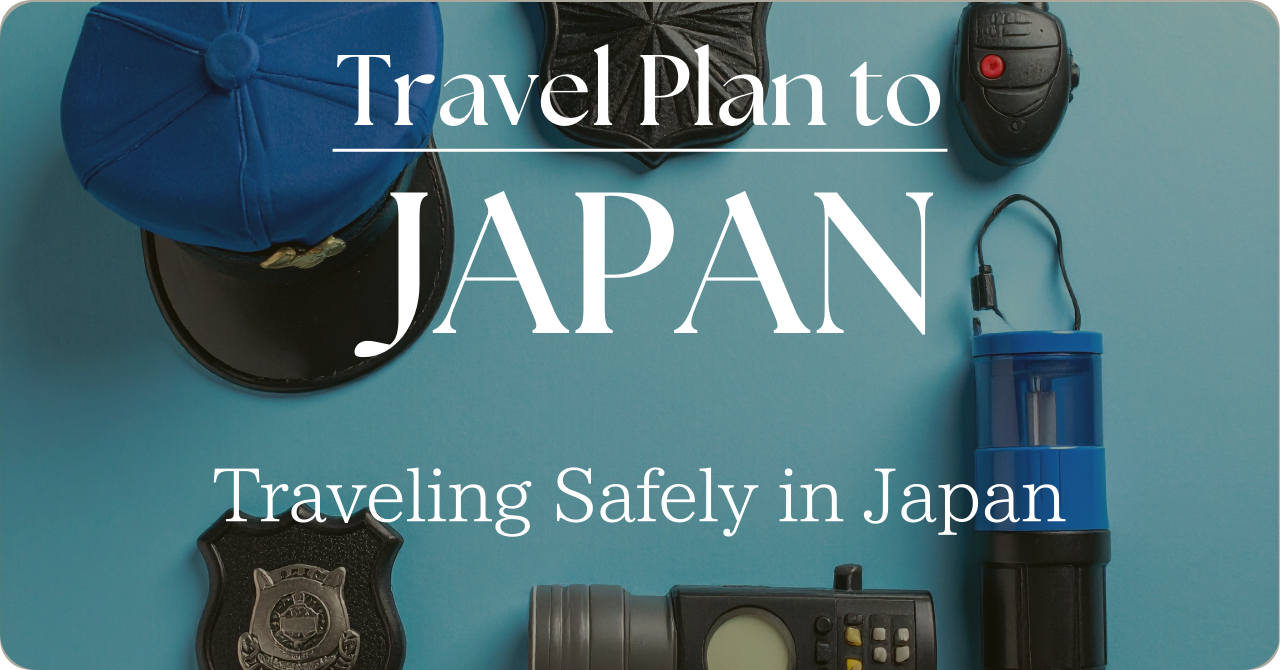
Japan is known worldwide as a safe country.
The homicide rate in Japan (number of homicides per 100,000 people) is 0.3, while the OECD average is 4.1. Japan ranks third out of 38 countries in terms of low homicide rates.


Particularly, violent crimes (murder, robbery, rape, etc.) are at the lowest level among OECD countries, and it is unlikely that you will encounter danger while walking around the city during your usual sightseeing. However, incidents and accidents are not entirely absent. This article will cover points to keep in mind for enjoying a safer trip to Japan.
Which Parts of Japan Are Dangerous?
First, let’s explain the security situation in Tokyo, Osaka, and Kyoto, which are popular tourist destinations. While all are relatively safe cities, crime rates are higher in Osaka, Kyoto, and Tokyo, respectively.
Security in Osaka
 Dotonbori Street
Dotonbori StreetOsaka’s Chuo Ward (which includes Osaka Castle and Dotonbori) has the highest crime rate in Japan. Compared to other major cities worldwide, the crime rate is significantly lower, but you should still be cautious during your trip. Common crimes in this area include purse snatching and bicycle theft. The well-known entertainment districts in Osaka are Umeda and Namba. Be particularly cautious when walking alone at night in these areas.
Security in Tokyo
 Shibuya Crossing
Shibuya CrossingFamous entertainment districts in Tokyo include Shinjuku, Shibuya, and Roppongi. In Shinjuku, the Kabukicho area, which is farther from Shinjuku Station, is particularly known for having poorer security.
Areas with entertainment districts like Shinjuku and Shibuya wards, and residential areas like Setagaya ward, have relatively higher crime rates. When walking in crowded areas, take precautions such as holding your belongings close to you.
How to Avoid Dangerous Situations
In entertainment districts, be cautious of establishments that charge exorbitant fees and people soliciting on the streets. Research the places you plan to visit beforehand, and avoid narrow alleys and areas far from stations. In residential areas, be aware of the possibility of purse snatching and avoid walking on less crowded streets. Carry your bag on the side closest to the wall.
In Entertainment Districts
Some restaurants and bars in entertainment districts may charge excessively high prices. Do not follow people who approach you outside the station and invite you to their establishments easily.
When visiting restaurants or bars in entertainment districts, it is advisable to check the information about the place beforehand through guidebooks or the internet, or to ask at the nearest tourist information center. Additionally, avoid narrow alleys and areas far from the station.
In Residential Areas
Even in residential areas, crime rates can be unexpectedly high. Purse snatching and similar crimes may occur, so avoid walking on less crowded streets whenever possible.
When walking, carry your bag on the side closest to the wall, keep your phone readily accessible, and remain alert to your surroundings.
Other Precautions
Be wary of pickpockets in crowded trains and at events. Keep your wallet and valuables in a bag rather than in your pants pocket, and hold onto your bag securely.
Some people may want to try pachinko in Japan, but when engrossed in pachinko or other games, be aware of pickpockets.
Safety of Public Transportation

Japanese taxis are equipped with meters and can be trusted. Trains and buses are clean and run on time, but they are very crowded during commuting hours. Be aware of gropers and pickpockets, and try not to stand near the doors.
Taxis
 Taxis
TaxisJapanese taxis are equipped with meters, so you don’t need to worry about being overcharged if you take a car with a company name on it.
Note that fares are determined by distance traveled rather than by zone. For example, in Tokyo, the first 2 km costs 730 yen, and after that, 90 yen is added for every 280 meters. Waiting time at traffic signals also adds to the fare.
Trains and Buses
 Trains
TrainsJapanese trains and buses are clean, punctual, and have a reputation for safety. However, they are very crowded between 7:00 AM and 9:00 AM. Be cautious of groping during these times. It is best to avoid commuting hours in the morning and evening.
Gropers are often found near the doors, so avoid standing close to the doors.
Knowing the etiquette and rules in advance can help you avoid unnecessary trouble.
Traffic Rules

In Japan, pedestrians generally walk on the right side, and cars and bicycles travel on the left side. Be especially cautious of cars if this is different from your home country.
On Escalators
The unwritten rule is to stand in a single file on the left side of the escalator (stand on the right side in Osaka). People often run up the empty side, so be mindful of safety when using escalators.
Where to Seek Help When in Trouble
If you need help, go to a police box (koban), usually located in front of stations, where you can ask for directions or report problems. If you encounter issues at a station, ask the station staff for assistance. Convenience stores are also helpful for directions and are safe, well-lit places. In emergencies, dial 110 for the police and 119 for an ambulance.
Koban (Police Boxes)
 Police Boxes
Police BoxesA koban is a police box. They are usually located in front of stations and marked with “KOBAN” in Roman letters. If you lose something, get lost, face trouble, or feel unwell, go to the nearest koban.
Ask Station Staff on Trains
If you face trouble at a station, lose something, take the wrong train, or need help, ask the station staff for assistance.
Convenience Stores
If you need directions, convenience stores are well-lit and have people present, so if you encounter someone suspicious, go inside and wait for help.
Calling for Help
In emergencies where you need to call the police, fire department, or ambulance, dial 110 for the police and 119 for an ambulance. For English, Chinese, Korean, Spanish, or Portuguese, a system using interpreters to facilitate three-way conversations is available.
Stay safe and enjoy your time in Japan!
